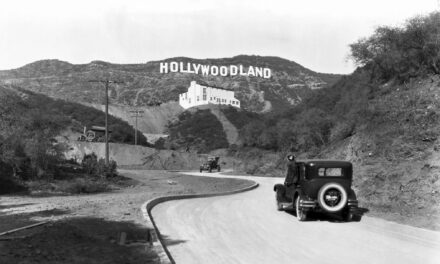Did you know that Oscar winners used to be announced before the ceremony? That’s right! For many years, the Academy of Motion Picture Arts and Sciences would reveal the names of the winners to the press in advance of the actual awards show. In this blog post, we’ll explore the history of this unusual practice and why it was eventually abandoned.
The Early Years of the Oscars
The first Academy Awards ceremony was held in 1929, and it was a much smaller affair than the glitzy, star-studded event that we know today. At the time, the ceremony was more of a private dinner party for Hollywood’s elite, and the awards were presented without much fanfare. There were only 12 categories, and the winners were announced during the dinner.
Pre-Announcing Winners
As the years went by, the Oscars grew in popularity and importance, and the Academy began to use the ceremony as a way to showcase the best of Hollywood to the world. In the 1940s and ’50s, the awards show became a major televised event, and millions of people tuned in to see who would take home the coveted statuettes.
To generate even more excitement for the ceremony, the Academy began to pre-announce the winners to the press a few hours before the ceremony. This practice was designed to build anticipation and generate buzz, as well as give journalists time to prepare their coverage of the event.
The Downside of Pre-Announcing Winners
While pre-announcing the winners may have helped to generate buzz for the Oscars, it also had some downsides. For one thing, it took away some of the suspense and drama from the awards show itself. When the winners were already known, there was less excitement and anticipation in the room.
Additionally, pre-announcing the winners made it easier for tabloids and other publications to leak the names of the winners ahead of time. This took away some of the surprise and excitement from the awards, and it also made it harder for the Academy to keep the results a secret.
The End of Pre-Announcing Winners
By the 1980s, the practice of pre-announcing the winners had become increasingly unpopular, and many people in the industry felt that it was detracting from the prestige and excitement of the Oscars. In 1986, the Academy voted to stop pre-announcing the winners, and instead, they began to reveal the winners during the live broadcast of the awards show.
Today, the Oscars remain one of the biggest and most prestigious awards shows in the world, and millions of people tune in to see who will take home the coveted statuettes. While the practice of pre-announcing the winners may have helped to build buzz in the early days of the awards, it’s clear that the ceremony is more exciting and suspenseful when the winners are announced live on the night.
We hope you found this article informative and entertaining. If you did, please share it with your friends and rate it below.
Thank you!










